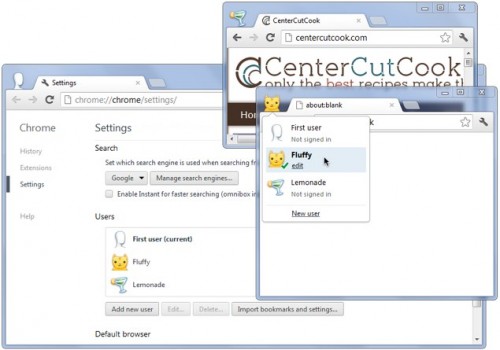Spending quit a bit of time on the web, I’ve boosted my tolerance levels to bad design, horrible user interfaces, and twisted logic. However, there are still things that annoy the crap out of me. Among the two most frequent are these:
- Google throwing me into Greek language. Yes, I do live in Cyprus, where Greek is an official language. However, Google knows damn well, that I don’t speak it. Every single time I was given a choice, I’ve switched back to English. I have automatic translation of Greek to English set in Gmail, Google Reader, Google Chrome and Google Nexus, all of which are linked and synced to my one Gmail account. Why do I still see Greek as the default language every other week? This is getting retarded.
- Facebook can’t figure out the gender-specific language. Even though it knows the gender of the user to be female, it still sends me notifications like “Olga commented on his Wall post”. English is not even my native language and I am getting annoyed by this. How you guys can look at this every single time and not catch is beyond me.
The steam is out, I feel better now.
